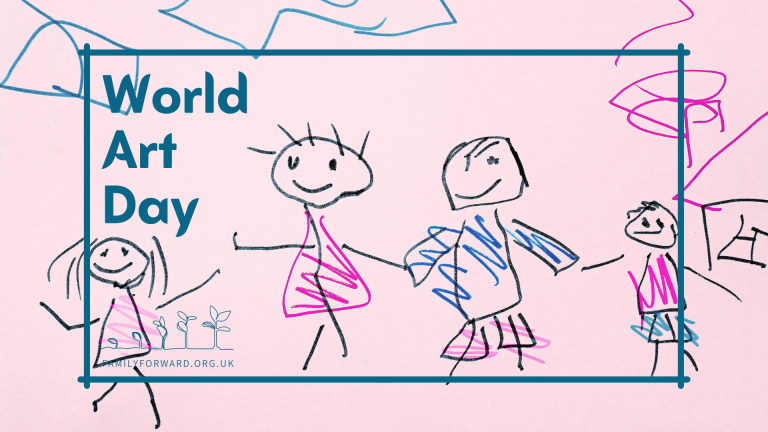Dealing with bereavement, grief, and loss is an intensely personal and profound experience that every family may face at some point.
The pain of losing a loved one can feel overwhelming, and each member of the family might experience grief differently.
In the UK, there are numerous supports and resources available to help families navigate these difficult times.
This guide offers comprehensive information and advice to assist families in understanding and managing the complex emotions and practicalities of bereavement and grief.
Understanding Grief
Grief is a natural response to loss, encompassing a wide range of emotions from sadness and anger to guilt and disbelief.
It is important to recognise that grief does not follow a linear or predictable path. The commonly referenced stages of grief—denial, anger, bargaining, depression, and acceptance—serve more as a framework rather than a precise roadmap. Each person’s journey through these emotions is unique.
Emotional and Physical Responses
Grief can manifest in various emotional and physical responses, including:
- Emotional: Sadness, anger, guilt, anxiety, loneliness, helplessness, relief, or numbness.
- Physical: Changes in sleep patterns, weight fluctuations, nausea, lowered immunity, or fatigue.
Understanding that these reactions are normal can help individuals feel less isolated in their grief.
Supporting Each Other
Support within the family is crucial during times of loss. Here are ways to support each other:
Open Communication
Encourage family members to express their feelings and share their memories of the deceased. Children, in particular, need clear and honest explanations about what has happened and what it means.
Respect Individual Grieving Processes
Each person grieves differently. Some may find comfort in solitude, while others might seek support through conversation or shared activities.
Maintain Routines
Keeping to regular routines as much as possible provides a sense of stability and normalcy, which can be particularly comforting to children.
Practical Considerations
In the aftermath of a loss, there are practical considerations that families must address:
Funeral Arrangements
In the UK, funerals can be arranged through funeral directors who handle the logistics, from the care of the deceased to the ceremony details, in accordance with the family’s wishes and religious or cultural practices.
Legal and Financial Matters
Dealing with the will, estate, and other administrative tasks can be overwhelming. Legal advice may be necessary. Organisations such as Citizens Advice can provide guidance on these issues.
Returning to Work
Employers are typically understanding about bereavement leave, but the duration and terms can vary. Discuss your situation with your employer to find a suitable arrangement.
Seeking Professional Help
It may be beneficial to seek support from professionals, including:
Counselling
Bereavement counselling can provide a space to talk about your loss and learn strategies to cope. The NHS can refer you, or you can contact organisations directly.
Support Groups
Joining a support group can connect you with others who have experienced similar losses. Sharing your experiences can be therapeutic and reduce feelings of isolation.
GP and Healthcare Providers
If grief is affecting your physical or mental health, consult your GP. They can offer support, refer you to appropriate services, or sometimes prescribe medication if needed.
Resources for Bereavement Support in the UK
Several resources offer help and information for those dealing with loss:
- Cruse Bereavement Care: Provides support, advice, and information to children, young people, and adults when someone dies, and works to enhance society’s care of bereaved people.
- The Bereavement Trust: Offers a helpline that operates in the evenings when many feel most need for support.
- Child Bereavement UK: Helps children and their families to rebuild their lives when a child grieves or when a child dies. bereavement counselling
Helping Children Cope with Loss
Children need particular care during a time of bereavement. They may not fully understand what death means and can be particularly vulnerable to feelings of insecurity or abandonment.
Honest communication, reassurance, and involving them in the grieving process, such as attending the funeral or making a memory box, can help them adjust to the loss. bereavement counselling
There’s no right way to grieve
Grief is a deeply personal experience, and there is no “right” way to grieve.
Understanding, patience, and communication are key in helping each other through the darkest times. While the pain of loss might never completely disappear, families can find new ways to carry their memories forward together.




